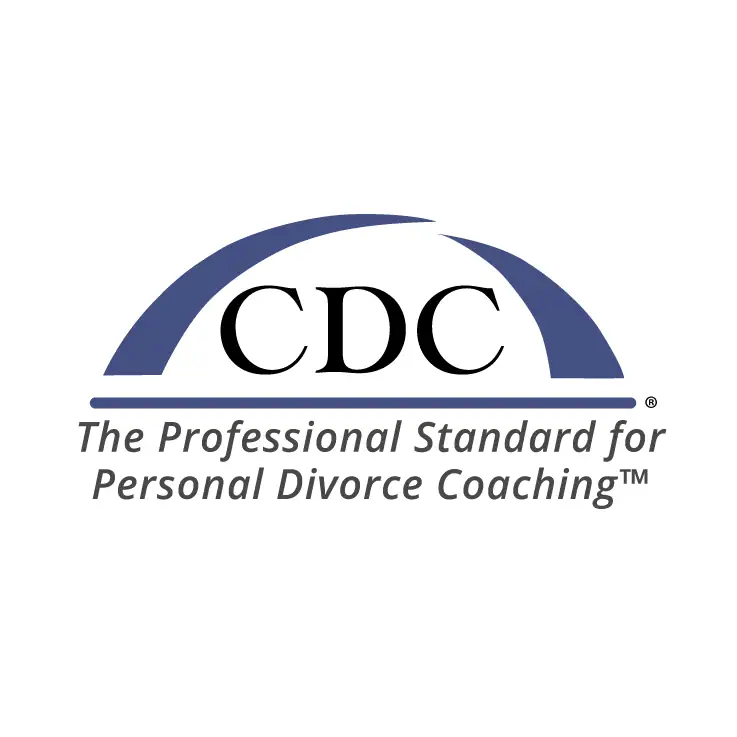Top Questions to Ask When Hiring a Divorce Coach 2025
Divorce can be overwhelming—emotionally, financially, and logistically. Whether you’re in the middle of a divorce, contemplating one, or trying to rebuild afterward, having the right support system is crucial. A divorce coach can be a valuable guide, helping you process emotions, regain confidence, and make empowered decisions.
But not all divorce coaches are the same. Some focus on emotional healing, while others offer strategic guidance on co-parenting, finances, and rebuilding life. The key is finding the right fit for you.
Before hiring a divorce coach, asking the right questions can help you make an informed decision. Use this checklist to ensure you find someone who is qualified, experienced, and a good match for your needs.
1. Understanding the Coach’s Experience & Credentials
Many professional divorce coaches earn certifications and register with recognized organizations, ensuring they have the training and expertise to provide meaningful guidance. That’s why verifying a coach’s experience and qualifications is essential. Ask questions like:
- What certifications or training do you have?
- How long have you been working as a divorce coach?
- Do you have experience with clients in similar situations?
- What is your professional background (e.g., coaching, law, therapy)?
- Do you specialize in a particular type of divorce (e.g., high-conflict, amicable, co-parenting)?
- How do you stay updated on best practices and new developments in divorce coaching?
Some divorce coaches come from backgrounds in psychology, social work, or legal professions, while others have personal experience with divorce. Understanding their expertise will help you assess whether they’re equipped to guide you effectively.
2. Coaching Approach & Style
Every coach has a different style and philosophy. Some take a structured, action-based approach, while others focus more on emotional healing. Consider asking:
- How would you describe your coaching style?
- Do you focus on emotional support, practical strategies, or both?
- What frameworks or tools do you use to help clients?
- How do you customize your approach for each individual?
- How do you handle clients who feel stuck or struggle to make progress?
- Do you assign exercises, journaling, or action steps between sessions?
- How do you help clients set and achieve goals during the coaching process?
The goal is to find a coach whose approach resonates with you. If you prefer a step-by-step plan, you might not connect with a coach who takes a free-flowing, discussion-based approach. On the other hand, if you need emotional support more than strategy, a coach with a rigid process may not be the best fit.
3. Services & Support Offered
Divorce coaches offer a variety of services, from helping clients process emotions to strategizing financial independence and co-parenting arrangements. To understand what’s included, ask:
- What specific services do you provide?
- Do you offer structured programs, or are sessions customized?
- Do you work one-on-one, or do you offer group coaching?
- How do you help clients transition after divorce?
- Do you collaborate with other professionals, such as therapists, lawyers, or financial advisors?
Some coaches provide guided programs with worksheets and exercises, while others focus on open-ended discussions. Make sure their services align with what you need.
4. Logistics & Availability
The right coach should be accessible and available in a way that fits your schedule. Ask about:
- Do you offer virtual, phone, or in-person sessions?
- How often do sessions take place, and how long do they last?
- What is your availability for urgent support?
- How do you handle missed or rescheduled sessions?
- What is the best way to contact you between sessions if I need additional support?
- Do you offer evening or weekend appointments?
If you’re going through a particularly difficult time, you may want a coach who offers flexible scheduling or emergency sessions. Understanding their availability will help you determine if they can provide the level of support you need.
5. Costs & Commitment
Coaching is an investment in your personal growth, so be clear about the financial and time commitments before signing up. Ask:
- What are your fees, and do you offer payment plans?
- Is there a required commitment, or can I book sessions as needed?
- Do you offer a free consultation to see if we’re a good fit?
- What is your cancellation or rescheduling policy?
Some coaches charge per session, while others offer packages or memberships. Be sure their pricing structure works for your budget and needs.
6. Expected Outcomes & Results
A great divorce coach will have a clear vision of how they help clients move forward. To set realistic expectations, ask:
- What kind of progress should I expect from coaching?
- How do you measure success with your clients?
- Do you provide tools, exercises, or worksheets to support my journey?
- Can you share testimonials or references from past clients?
- How long do clients typically work with you before seeing results?
- What is your success rate in helping clients achieve their post-divorce goals?
Hearing success stories from past clients can help you determine whether the coach has a track record of helping people in similar situations.
7. Personal Compatibility & Fit
Beyond credentials and expertise, you need to feel comfortable with your coach. They should be someone you can trust and open up to without fear of judgment. Ask:
- What do you believe is the most important role of a divorce coach?
- How do you handle difficult emotional situations with clients?
- What is your communication style?
- How do you ensure that I feel heard and empowered?
- How do you establish trust and create a safe space for your clients?
Sometimes, the right fit comes down to personality. If a coach’s energy or approach doesn’t resonate with you, they may not be the best person to guide you through this vulnerable time.
8. Trust Yourself
Choosing a divorce coach is a deeply personal decision. After your conversations, take time to reflect:
- Did they listen with empathy?
- Did they offer clear, thoughtful responses?
- Did you feel a connection with them?
A good coach should provide guidance, support, and a sense of empowerment as you navigate this transition. By asking these key questions, you’ll be able to find a divorce coach who truly understands your needs and can help you move forward with clarity and confidence.
Why Choose Reclaim and Reboot?
At Reclaim and Reboot, we understand that divorce is more than a legal process; it’s a life transformation. Our coaching services are designed to:
- Offer empathetic, judgment-free support.
- Help you reclaim your sense of self.
- Empower you to move forward with confidence and clarity.
You don’t have to face this alone. A divorce coach isn’t an extra expense—it’s an investment in your future. Let us help you turn this challenging time into a powerful new beginning.
Ready to take the first step? Book a free 30 minute consultation today to learn how our transformative coaching can make all the difference.

